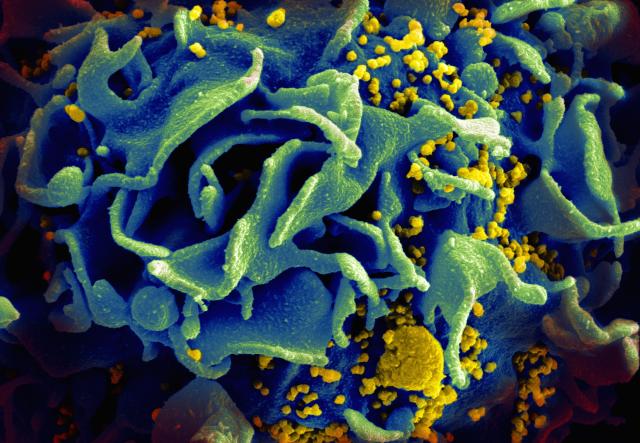Aggregated News

There’s no question that powerful anti-HIV medications can do a fairly good job of keeping the virus under control. Used properly, these anti-retroviral drugs (ARVs) can suppress HIV enough to keep it at levels so low they’re undetectable in the blood, which drastically lowers the chance of spreading the virus during sexual activity or transfusions. But ARVs can only do so much.
They work best on viruses that are actively making copies of themselves and infecting healthy cells. HIV has evolved to “learn” this, and can mutate to become resistant to the medications so that as soon as the drug onslaught stops, viruses replicate with abandon once again. HIV can also preserve itself by hiding, quiescent and not replicating, in lymph and other tissues throughout the body. When the immune system drops its guard, these latent viruses can start replicating again. All of which means that once a person is infected, these viruses remain in the body like an uncapped grenade, just waiting to overwhelm the immune system with millions of infectious virus, years, or even decades, after HIV infected...



